Hummer info. for you.
patsyann
17 years ago
Related Stories
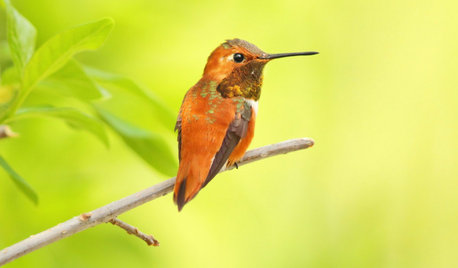
GARDENING GUIDESBackyard Birds: Invite Entertaining Hummingbirds Into Your Garden
Hummingbirds — unique to the Americas — zip through open landscapes seasonally or year-round. Here’s how to attract them
Full Story
GARDENING FOR BUTTERFLIESGardening for the Bees, and Why It’s a Good Thing
When you discover how hard bees work for our food supply, you may never garden without them in mind again
Full Story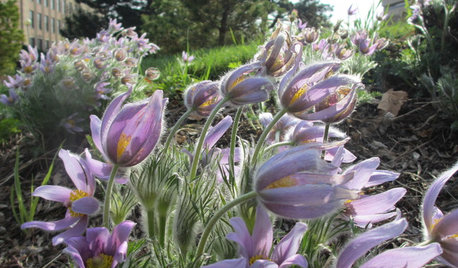
GARDENING GUIDES6 Plants That Beat Butterfly Bush for the Wildlife Draw
It's invasive, a nonnative and a poor insect magnet. Check out these better alternatives to butterfly bush in the garden
Full Story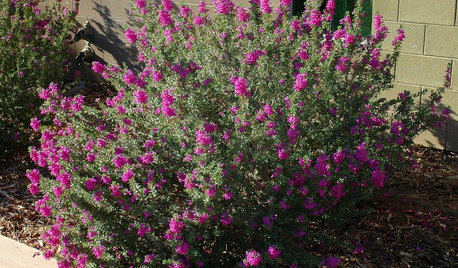
GARDENING GUIDESGreat Design Plant: Texas Ranger Explodes With Color
If purple is your passion, embrace Leucophyllum frutescens for its profusion of blooms and consider the unfussiness a bonus
Full Story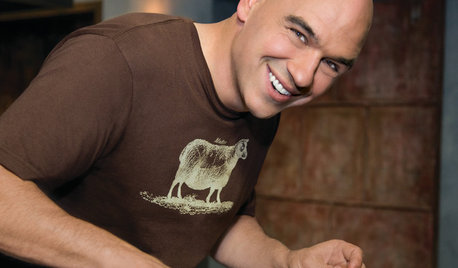
TASTEMAKERSPro Chefs Dish on Kitchens: Michael Symon Shares His Tastes
What does an Iron Chef go for in kitchen layout, appliances and lighting? Find out here
Full Story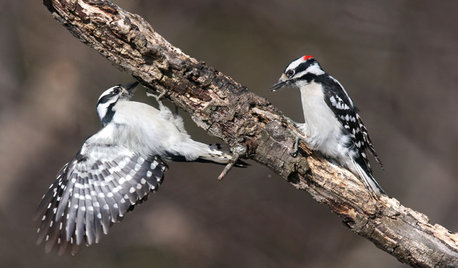
GARDENING FOR BIRDSBackyard Birds: How to Identify Two Common Woodpeckers
Downy and hairy woodpeckers have similar coloration and behavior. But there are two big differences that separate them
Full Story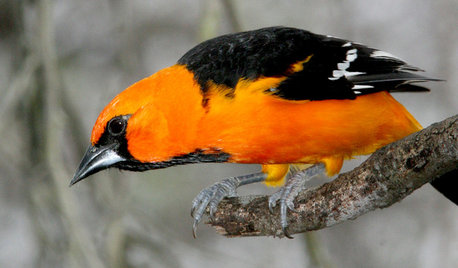
GARDENING GUIDESBackyard Birds: Orioles Return After Spending Winter in the Tropics
These colorful songbirds prefer woodlands and forest edges, but they’ll visit yards with fruit-producing trees and shrubs
Full Story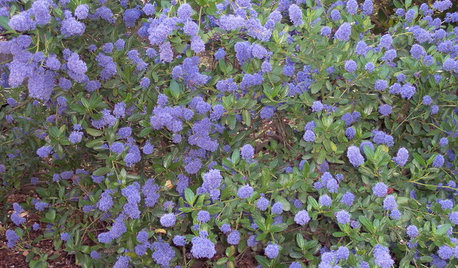
GARDENING GUIDESGreat Design Plant: Ceanothus Pleases With Nectar and Fragrant Blooms
West Coast natives: The blue flowers of drought-tolerant ceanothus draw the eye and help support local wildlife too
Full Story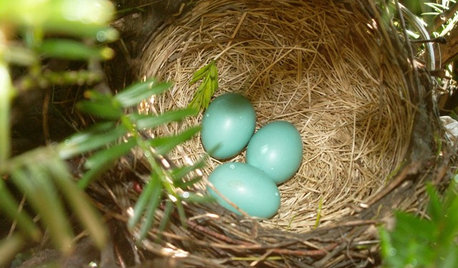
GARDENING FOR BIRDSWhat to Know About Birds Nesting in Your Yard
Learn how to observe, record data and help ornithologists with NestWatch’s citizen science project understand bird trends
Full Story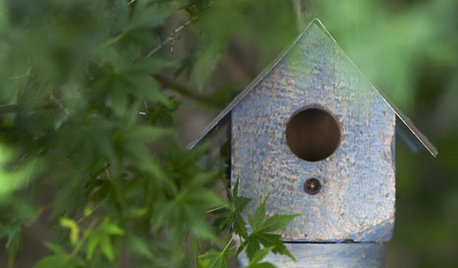
GARDENING AND LANDSCAPINGBe a Citizen Scientist to Help Wildlife, Learn and Have Fun Too
Track butterflies, study birds, capture stars ... when you aid monitoring efforts, you’re lending Mother Nature a hand
Full Story





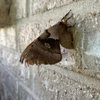
christy2828
penny1947
Related Professionals
Fitchburg Landscape Architects & Landscape Designers · Mooresville Landscape Contractors · Broomfield Landscape Contractors · Brunswick Landscape Contractors · Burlington Landscape Contractors · Lake Zurich Landscape Contractors · Little Ferry Landscape Contractors · Mequon Landscape Contractors · North Canton Landscape Contractors · Wanaque Landscape Contractors · New Carrollton Landscape Contractors · Green Bay Decks, Patios & Outdoor Enclosures · Puyallup Decks, Patios & Outdoor Enclosures · Rancho Palos Verdes Decks, Patios & Outdoor Enclosures · West Chicago Decks, Patios & Outdoor Enclosureschristy2828
penny1947
archilochusarbors
sidk
archilochusarbors
sidk
penny1947
christy2828
hummersteve
mimidi
jeannie7
sidk
mimidi
penny1947
jimmyjojo
hummersteve
penny1947
mimidi
jimmyjojo
penny1947
jimmyjojo